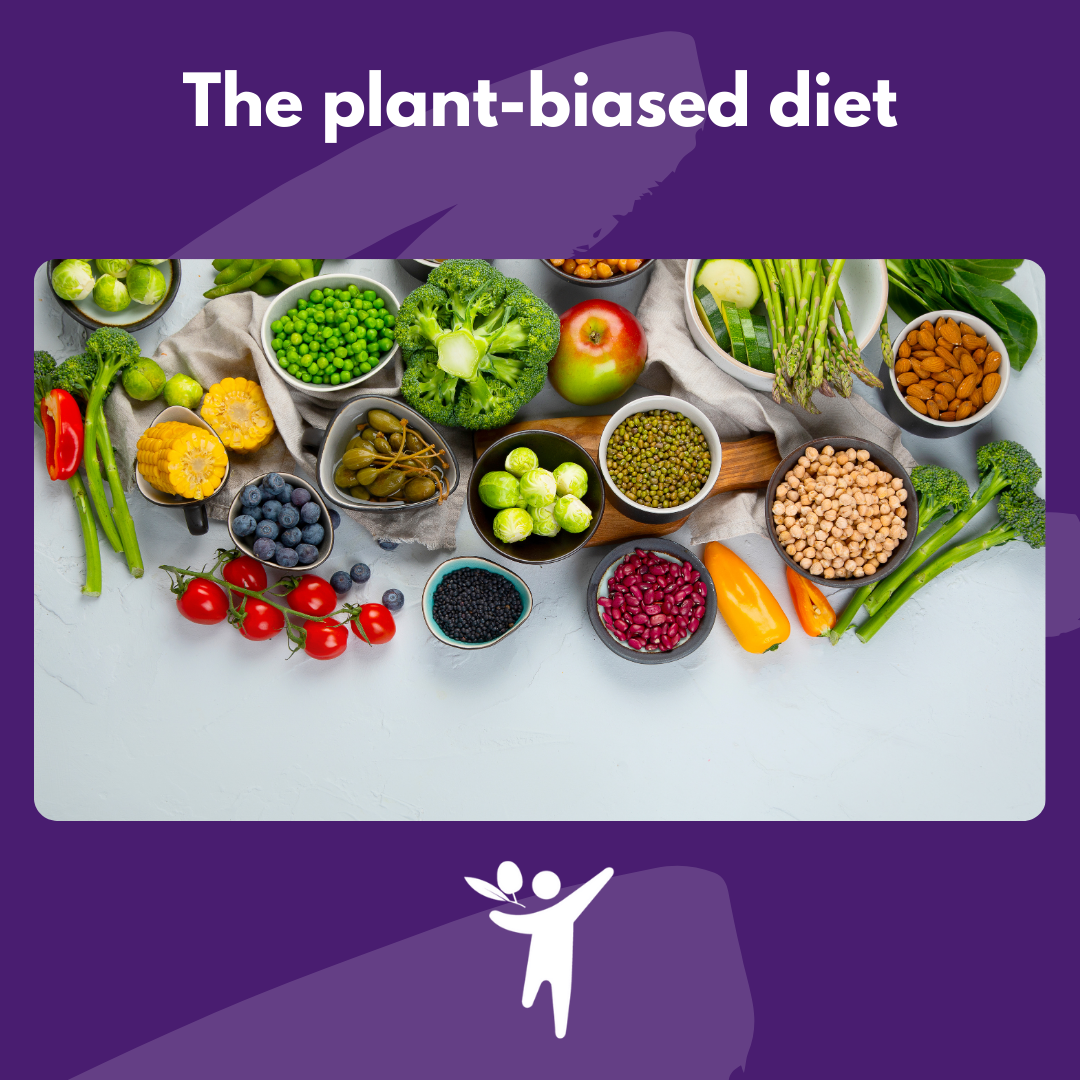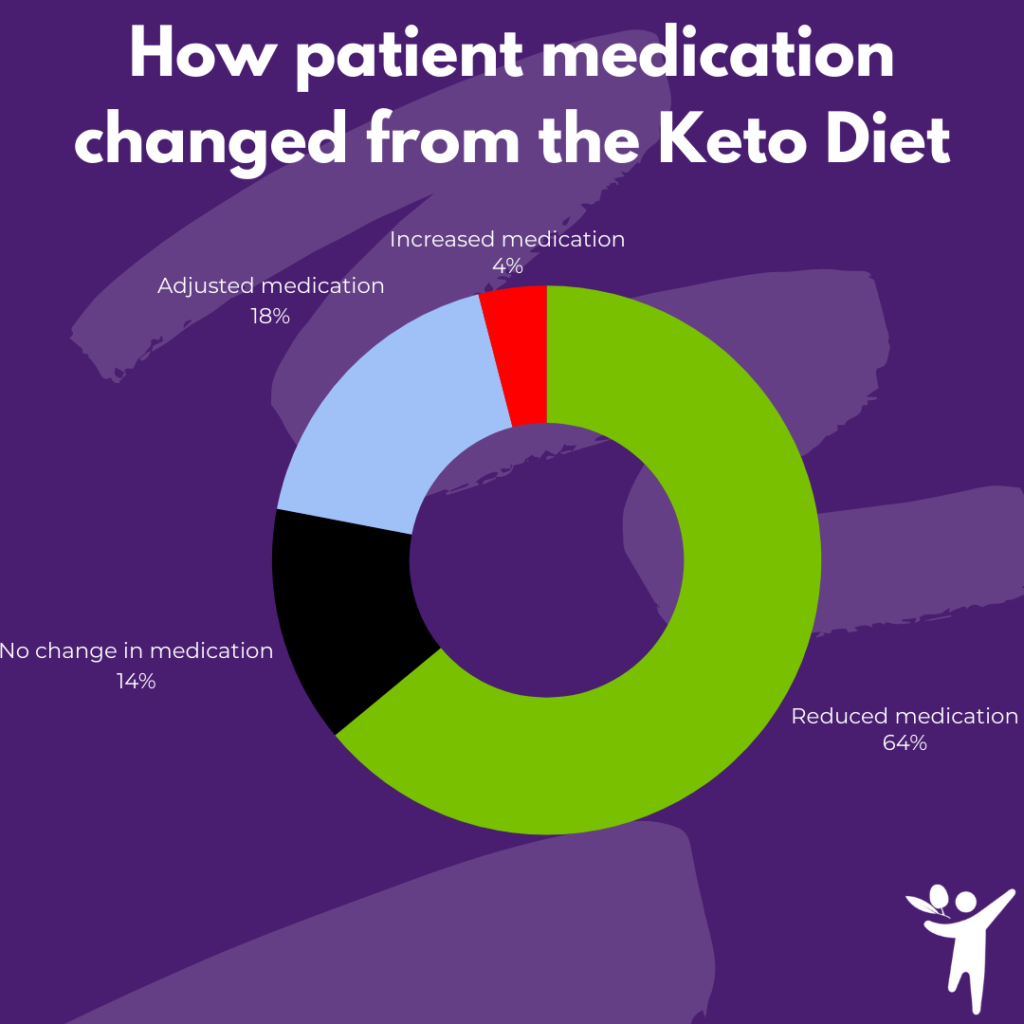Nutrition plays a pivotal role in improving or deteriorating our mental health. If we can choose to eat nutrient-dense healthy foods (and avoid ultra-processed junk) this is the first step in achieving good health.
“Nutrition is the very foundation upon which great health is built” according to our founder, Graham Phillips
In this blog we will look at nutrition and how it affects both our mental health and brain function. Whether via a typical junk-food diet or a truly healthy one, we will show you how the food we eat affects our health for better or worse.
How does my nutrition affect my mental health?
As our good friend, Dr Georgia Ede often says, “The last time I checked, my head WAS connected to my body!” Yet nutrition is so often overlooked as it has no influence on mental health. This is plain wrong!
Nutrition is a massive factor influencing not just our mental health but overall health too. For example, studies of the carnivore diet suggest that so-called brain fog could be caused by poor nutrition from our diet. Those who swapped to a carnivore diet from a high-carb traditional diet found that they had far better mental clarity, plainly demonstrating that the food we eat can have a large impact on mental health.
In a recent study, Ede and colleagues demonstrated the connections between diet and serious mental health conditions, such as bipolar disorder and schizophrenia. Without delving too much into the weeds, the best dietary strategy can indeed improve overall health by reducing the number of processed foods in our diet. Commonly referred to as the ‘Ketogenic diet’ Dr Ede found that 28 patients following this diet for longer than 2 weeks, had noticeably improved symptoms of depression and psychosis. Additionally, just under half (43%) of those in the trial achieved clinical remission according to the Clinical Global Impressions Scale (CGI). The impact of this study is nothing short of remarkable. Mental health is a modern plague, and this sheds new light on ways to tackle poor mental health.
A major contributory factor to poor mental health is not receiving the correct nutrients. (NB this has nothing to do with calories). Poor nutrition leads not just to weight gain, type 2 diabetes and a plethora of other symptoms. It also leads to chronic inflammation which itself contributes to mood disorders. As we’ve said, the brain is connected to the body so when the body gets inflamed, so, too, does the brain.
The Sugar Roller-Coaster:

Poor nutrition can also affect energy due to the spiking-then-crashing blood sugar levels leaving you feeling lethargic and with little energy. Maintaining consistent energy levels is another keyway to help improve mental health, if you do not have adequate and consistent energy levels you will struggle to maintain good mental health.
Plant B(i)ased Diets? Next, we will turn our attention to plant-based diets which are all the rage currently and have been heralded as the ultimate in healthy dietary choices. Put simply, plant-based diets tend to be lacking in many key micro-nutrients that we can readily obtain from animal products. Besides the inherent lack of key micronutrients, plant-based foods suffer from low “bioavailability”, which as Dr Georgia Ede explains means that important nutrients are not easily accessible by humans. Nutrition is complex and the fact that a micronutrient is present in a food does not guarantee we can absorb or digest it effectively. For this reason, many people who follow a plant-based diet require protein and nutrient supplements. This alone demonstrates that although a well-formulated plant-based diet can certainly be better for our health than eating ultra-processed foods, it is inherently nutrient-deficient and far from perfect. After all, a truly healthy diet doesn’t require additional supplements.
Dr Ede explores some of the issues around plant-based nutrition on her website, pointing out that virtually all the studies comparing plant-based vs animal diets are poor-quality epidemiological studies. This makes the results from such studies inherently unreliable. Ede mentions the WHO studies specifically. The WHO studies are in fact so poor that it’s difficult to conclude otherwise than that these are political posturing or virtual signalling and not genuine scientific research. Read more here: https://www.diagnosisdiet.com/full-article/meat-and-cancer
The TLDR is that plant-based diets are not necessarily healthy just because you eat lots of fruit and veg. In fact, evidence suggests that these diets increase your risk of some cardiovascular conditions such as stroke, and returning to our main point, not helping our mental health.
What foods are good for mental health?
For those who do not have an ethical or religious reason for avoiding meat, we highly recommend a ketogenic or even carnivore diet. Both diets could potentially provide a lifeline for people who have struggled in the past with both mental health & dieting. We prefer these diets but if they aren’t something that you are willing to consider, you could also try a Mediterranean diet. The Mediterranean diet has some of the health benefits derived from a keto or carnivore diet. Albeit the benefits of the Mediterranean diet are limited compared to the keto diet, if your diet is currently poor quality, you will still derive massive benefits from switching. Let’s face it, anything beats a junk-food diet!
As we’ve said, the keto diet (so long as it is well formulated) is a great way to support good mental health. The keto diet is a high-fat, increased-protein, low-carbohydrate diet. Despite the clever marketing of processed foods, vegan sausage rolls (!) and carbohydrates (especially processed carbs) by various vested interests, the Keto diet is healthy and will likely improve our mental health.
In a more general sense, simply reducing your (processed) carb intake on its own will likely improve health symptoms (including mental health) by avoiding the sugar roller coaster and increasing the nutrient content.
Likewise increasing your micronutrient intake by eating more red meat, for example, may help improve your health.
Learn more about red meat: https://www.prolongevity.co.uk/whats-the-beef-with-red-meat/
Studies suggest improving your gut health as another way to improve mental health.

Likewise swapping from OATLEY, or other ultra-processed milk substitutes, in favour of full-fat milk (ideally organic) can also help reduce the risk of metabolic disorders and improve mental health as it does so.
SNACKING: Nuts are a good option for many people. They are quite nutritious, a reasonable source of protein and also contain healthy fats. Due to the higher levels of fat and protein in comparison with traditional snack foods, nuts can help fill you up. They won’t spike your blood sugar helping avoid the sugar roller-coaster. Your body and your brain will thank you!
“Food for thought” is an excellent quote to conclude with. Hopefully, you gained a better understanding of how nutrition affects mental health. Regardless of the diet you choose if you move away from ultra-processed foods you will notice an improvement in, not just overall health but mental health too. It’s important to gain an understanding of which foods are good for mental health and which are the opposite.
In the end, you are what you eat!






